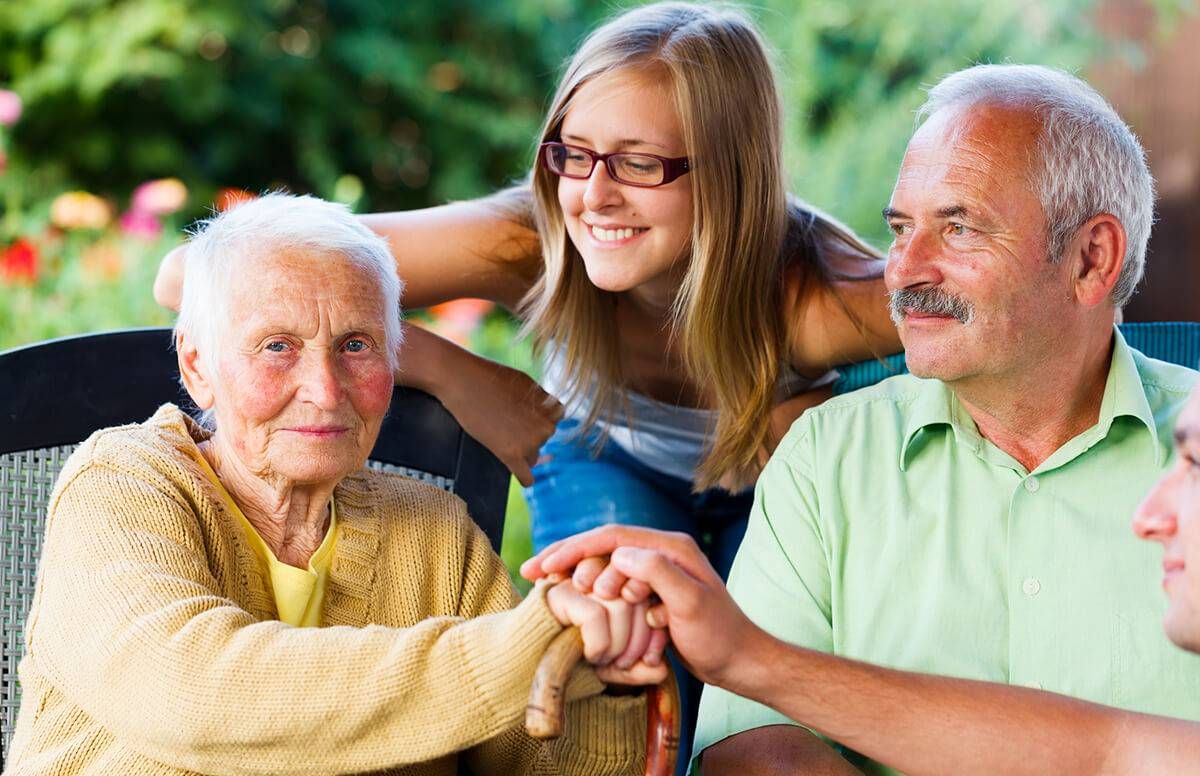9 Warning Signs of Stress for Alzheimer’s Caregivers
It is an extremely tough job, and only gets harder. Make sure you seek help.
Do you go to bed every night exhausted, and wake up with a sense of dread? Do you feel like your patience, strength and finances are stretched to the breaking point? It's not uncommon for caregivers — particularly those looking after a loved one with Alzheimer's or other dementia — to experience high levels of stress.

"People with Alzheimer's are not always easy to care for," said Ruth Drew, director of family and information services for the Alzheimer's Association. "It becomes constant, (and) the intensity of the care is ratcheting up and up and up over time."
November is National Alzheimer's Disease Awareness Month, and in recognition, Next Avenue is honoring caregivers of those with Alzheimer's. The most common form of dementia, this disease affects more than 5 million people in the U.S.
If you're an Alzheimer's caregiver, it's important to recognize the signs of stress. That way, you can get help before the stress becomes potentially damaging to your health — and consequently that of your loved one. Check to see if you have one or more of the following signs of stress, from Drew and the Alzheimer's Association:
Signs of Stress an Alzheimer's Caregiver Should Not Ignore
- Exhaustion: Constantly feeling tired, even after you have slept; being unable or nearly unable to complete basic daily tasks
- Change in sleeping and eating patterns: Sleeping or eating significantly more or significantly less than you normally would
- Anger or irritation: Feeling like you have a short fuse; losing your temper at your loved one or others and being easily annoyed or frustrated
- Anxiety: Worrying about your ability to care for the person and a deep concern for what is going to happen in the future
- Depression: Feeling sad, empty, hopeless and crying at the drop of a hat; depression affects your ability to cope with even everyday challenges
- Lack of concentration: A sense that things are overwhelming and you can’t focus on what needs to be done every day; you may find yourself forgetting appointments, for instance
- Social withdrawal: No longer getting together with other family or friends you previously enjoyed because it no longer interests you
- Denial: Unwillingness or inability to accept that your loved one has Alzheimer’s, or that there is no cure; you may find yourself the only one in your family to believe the person is OK, despite evidence to the contrary
- Health problems: It is all too common for caregivers to experience their own health problems. One study showed that people over 65 who felt caregiver strain from caring for a spouse with Alzheimer’s had a 63 percent higher mortality risk than non-caregivers. If you can’t remember the last time you felt good, it’s time to see a health professional.
If you have experienced any of these signs, don't despair, Drew said. "Nobody should do this by themselves, and no one has to," she noted. "We encourage people to talk to each other. When you talk to others who are also going through this, the walls stop closing in."
And if you think you don't have time for yourself? That's not good.
Drew said she has spoken with Alzheimer's caregivers who never took a break. "At some point, they broke down," she said. "They stopped being able to do the caregiving."
Getting Help
Here are several resources for help in finding support groups, information about Alzheimer's, and financial planning:
- Alzheimer’s 24-hour hotline. Here, social workers and other trained staff with the Alzheimer’s Association answer phone calls from anyone wanting answers to questions about caregiving. The number to call is 800-272-3900.
- The Alzheimer’s Association website. It has information on symptoms of Alzheimer’s and other dementias; diagnosis, stages, treatment and services.
- National Association of Area Agencies on Aging. Find your local agency and other resources in your area here.
- Message boards. A way to connect online with other caregivers or people with Alzheimer’s. Here is one from the Alzheimer’s Association.
- Alzheimer’s Foundation of America. This group has information about the disease and tools for caregivers. Its toll-free helpline is 866-232-8484.
- Alzheimers.net. This site lists Alzheimer’s research centers and organizations.
- UsAgainstAlzheimer’s. It's a group that pushes for more government and industry funding for research for a cure.


